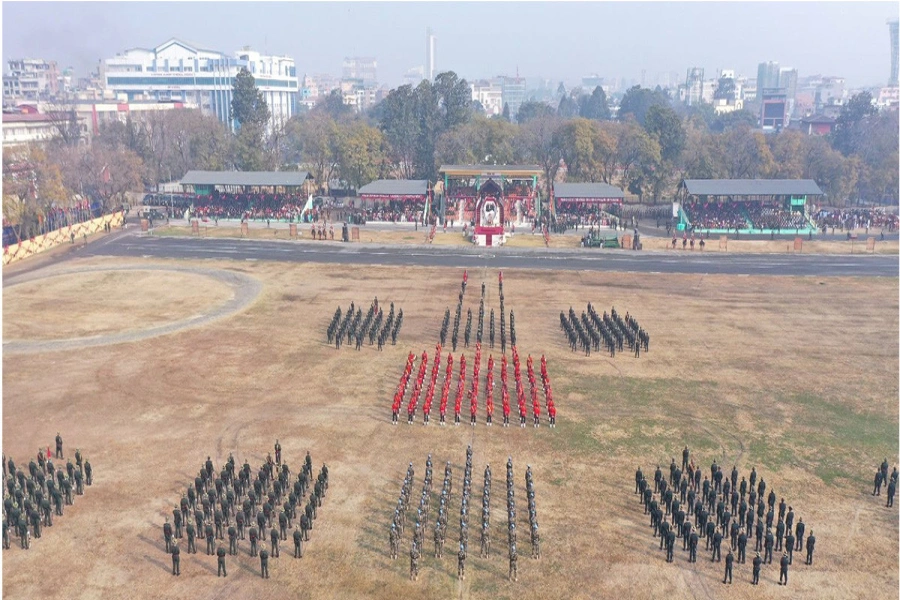With the parliamentary hearing committee clearing the deck, Prakashman Singh Raut is now set to become the new Chief Justice of the country. The appointment of Chief Justice, who serves as the chief of the country’s judiciary, is closely watched every time such an appointment is made, mainly because the judiciary is the custodian of the constitution. Most of the state institutions that are meant to ensure check and balance have lost their integrity due to political interference in our country. Although the judiciary itself is not immune to this, people’s trust in it as the last bastion of justice has not yet been broken. This is partly because all other state institutions can automatically improve if the judiciary is able to maintain its integrity. As the role of the judiciary is critically important in ensuring governance in the country, many eyes are on Raut’s appointment as the head of the country’s judiciary.
The reforms within the judiciary have been the much-discussed issues for years. During parliamentary hearings, lawmakers question everyone from the Chief Justice to justices about their action plan to bring reforms in the judiciary. All aspirants for the appointment submit their plans to the best of their ability. However, there is no follow-up or evaluation of the implementation of such action plans upon their appointment. In line with the principle of the separation of power, courts themselves are allowed to organize their work and conduct administration the way their leadership deems necessary. The role of the government is largely limited to providing the necessary budget to ensure the judiciary’s functioning. This is the reason why the appointment of Chief Justice and other justices at the apex court is of great interest to the people. The court can be the harbinger of changes if its leadership makes such a resolve, serving as an example to others.
Karki's 50-day tenure as Chief Justice: Can he fulfill his prom...

A number of problems seen within the judiciary can be solved even if the report of the committee formed under the leadership of the then Chief Justice Hari Krishna Karki to suggest court reform is fully implemented. Coincidentally, Raut, another member of the same committee, is set to lead the country’s judiciary. The report, among other things, recommended introducing an automated system to assign cases to justices. Ordinary people felt relieved when the bench was assigned from the lottery system. However, the court itself should be able to resolve some problems seen in the system. No one else will come to the court and dictate it. There is a situation where the court itself must initiate reforms and become a guide for others. That is why the appointment of a new Chief Justice is often seen with hope and optimism. It is natural to expect improvement when a person who understands the problems of the court becomes its leader.
Currently, all state institutions are going through a crisis of confidence as they have largely lost people’s faith. This is not good for the country’s democratic system. The problems seen in the court cannot be generalized by equating them with the distortions in other institutions. It is the responsibility of the judiciary to guide the country on the ideal path of justice. As long as the judiciary remains independent, no matter how bad the other state institutions are, there is no need to worry. The court can take measures to correct them. The new Chief Justice must be able to take some extraordinary measures to safeguard the judiciary's integrity and the trust of people. He should even be ready to restructure the judiciary itself. Cosmetic reforms alone can neither improve the judiciary nor play a role in ending the anomalies seen in other institutions. The new leadership must take this challenge seriously and build public confidence in the judiciary. The problem itself is also an opportunity for improvement.




































